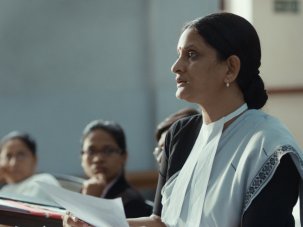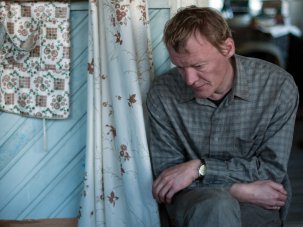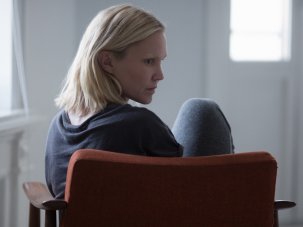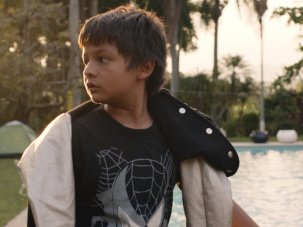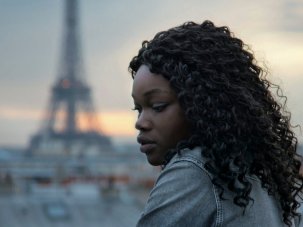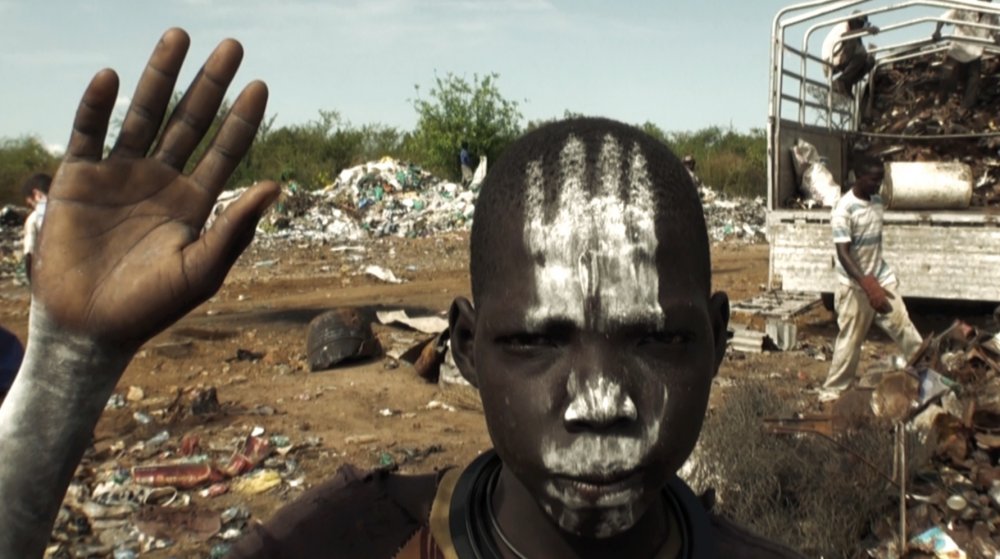
We Come as Friends (2014)
- Three to see at LFF 2014 if you like ... Italian cinema
- Three to see at LFF 2014 if you like ... Eastern European cinema
- Three to see at LFF 2014 if you like ... Spanish-language cinema
The BFI London Film Festival is proud of its reputation for showing films that generate discussion. Gathered within the Debate strand this year are 22 features that engage – in their own distinctly cinematic way – with the pressing issues of the day or concerns of lasting historical importance. From this geographically and stylistically diverse selection we select three of the likely talking points across the strand.
Africa
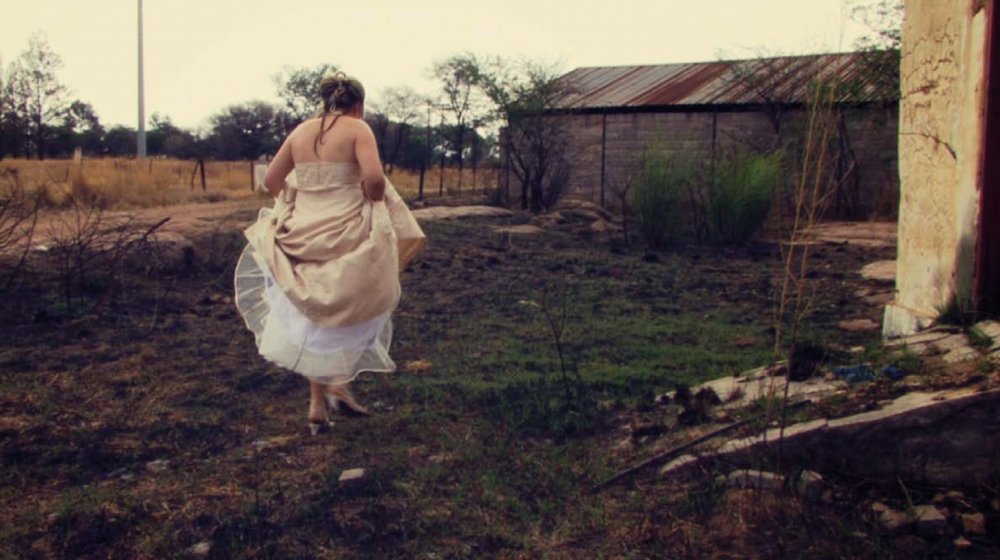
I, Afrikaner (2014)
This year sees a strong showing of documentaries from Africa. Shot over a number of years, South African Annalet Steenkamp’s I, Afrikaner focuses on her immediate family, three generations of white farmers struggling with the changing realities of post-apartheid society. The film has the absorbing and poignant intimacy of an extended home movie, and in the glimpses Steenkamp reveals of her relatives at their most unguarded she provides an unsettling insight into white reactions to the new South Africa.
From the Democratic Republic of the Congo, Dieudo Hamadi’s National Diploma follows a group of Kisangani high-school students as they prepare for their final-year version of the baccalaureat. The close-quarters depiction of these teenagers’ anxious preparations will resonate with anyone who’s ever sat an exam. But Hamadi chronicles, with sober fascination, the added challenges facing these Congolese kids, notably a broken education system whose teachers routinely expel pupils who can’t pay their fees.
Director of Darwin’s Nightmare (2004), Hubert Sauper creates a compelling view of the newly established nation of South Sudan in We Come as Friends. Flying across South Sudan in his home-made two-seater plane, he touches down among Texan missionaries, Chinese oilmen and western arms traders to offer a stark and bleakly vivid essay on the legacy of colonialism and globalisation.
Environment
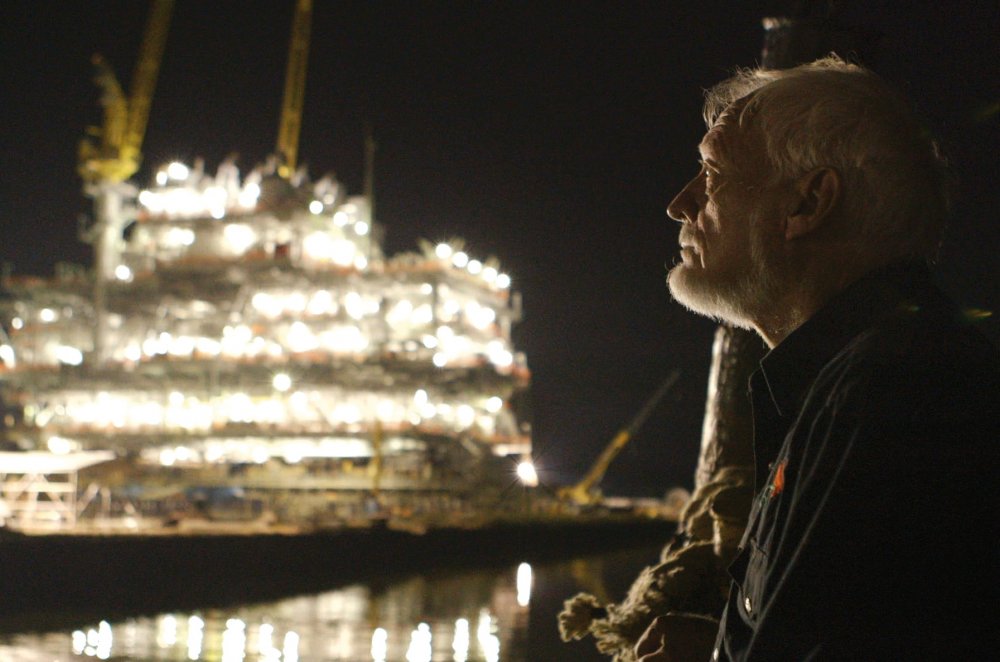
The Great Invisible (2014)
Two films in Debate explore the ever timely issue of human-made damage to the environment. Margaret Brown’s documentary The Great Invisible is a commandingly crafted account of the 2010 explosion on the Deepwater Horizon oilrig in the Gulf of Mexico. It charts in appalled detail the catalogue of mistakes that led to the oil disaster, and its grim impact on the local communities. It is also salutary comment on our own dependence on cheap fossil fuel.
Gabriel Mascaro’s August Winds is set in a remote village on Brazil’s north-east coast. Charting the relationship between a young woman newly relocated to the area to look after her ageing relative and a local man, the film portrays the impact on the area of coastal erosion caused by rising tides. It’s a haunting, exquisitely filmed portrait of a rural community struggling with a consequence of climate change that combines moments of documentary-style observation with a sense of vaunting visual poetry.
Trial by film
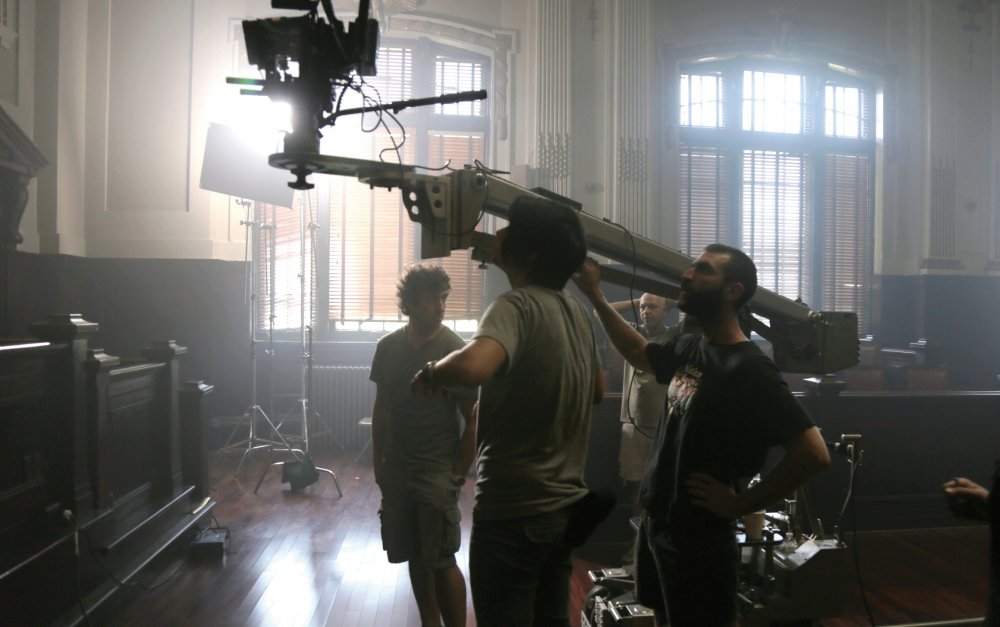
Captivated: The Trials of Pamela Smart (2014)
Three Debate films are inspired, to varying degrees of directness, by real-life legal cases. Jeremiah Zagar’s documentary Captivated: The Trials of Pamela Smart revisits a 1991 New England court case that was the first to be fully televised in the US. Accused of conspiring to murder her husband, Pamela Smart became at the time of her trial a figure of tabloid notoriety, and Zagar’s film takes a sober look at the media frenzy.
Drawing on a long period of research into the judicial process in Maharashtra, Chaitanya Tamhane’s Court is the dramatic staging of a trial of an ageing folk singer on ‘inflammatory’ charges. Looking at the often absurd practices of the prosecution (many dating from colonial times) with clinical precision, this engrossing debut won the filmmaker the prestigious Lion of the Future award at the recent Venice Film Festival.
Finally, British director Michael Winterbottom’s new film The Face of an Angel is inspired by the still controversial trial in Italy of Amanda Knox, but his film adroitly steers clear of sensationalism to leave us with a provocative parable about the responsibilities of a filmmaker in adapting true-life events and a moving exploration of a family’s grief for a murdered loved-one.




